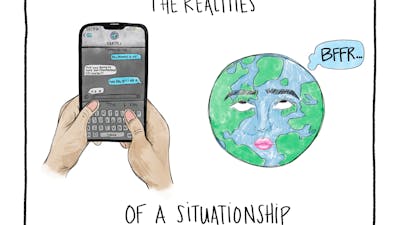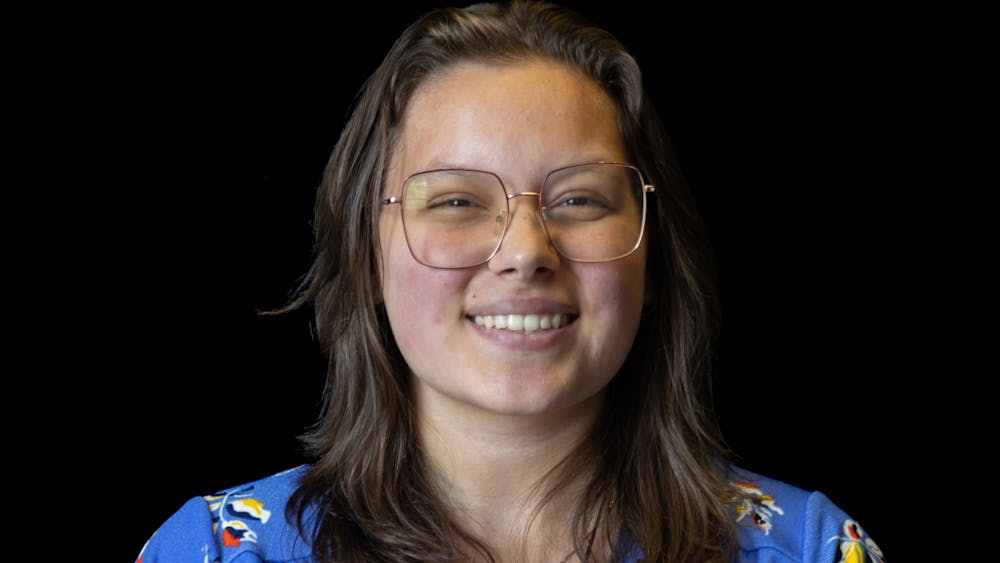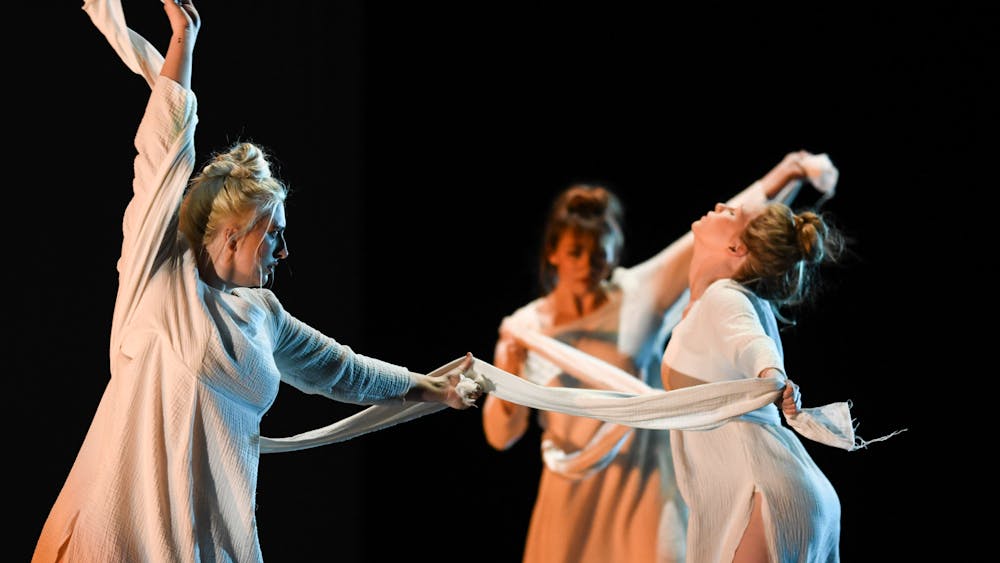COLUMN: My sister is inspiring, but she's not your 'inspiration porn'
Last month, my sister, Rachael Morrison, competed in the 2016 Paralympics in Rio. She won a gold medal and set a world record for her class in discus. My pride in her accomplishment is immeasurable.
For the last six years, my family and I have been present throughout her adversity, pain and moments of triumph like this world record. There have been hospital bills and sleepless nights; bouts of depression and matching tattoos.
What seemed like trivial sporting competitions paved the way for her to compete across the country. Eventually, her closet was full of clothing with “Team USA” emblazoned across the chest.
I would be lying if I said my sister didn’t inspire me. What I have an issue with is when people like my sister are turned into what is negatively referred to as “inspiration porn.”
The term was coined in 2012 by the late Stella Young, an Australian comedian and disability activist. Young’s inspiration porn concept refers to images of people with a disability that have some message of pre-packaged hope or quote placed on top. Words like, “the only disability in life is a bad attitude.”
In 2014, Young gave a TED Talk explaining how these images are inspiration porn.
“They objectify one group of people for the benefit of another group of people,” Young said. “So, in this case, we're objectifying disabled people for the benefit of non-disabled people. The purpose of these images is to inspire you, to motivate you, so that we can look at them and think, ‘Well, however bad my life is, it could be worse. I could be that person.’”
This mentality toward people disabilities often manifests itself within the context of athletics and the Paralympic games, in particular. It’s an event that is almost always overshadowed by the Olympic Games, even though it is held in the same place and has a similar display.
Paralympic games are the highest echelon of competition for people with physical disabilities. At these events, records set by the best able-bodied athletes are smashed by their Paralympic counterparts.
The Games often get mistaken for the Special Olympics, despite being separate entities. Special Olympic athletes have to combat an entirely different type of stigma, and have a completely different set of diagnoses.
The Paralympics should be viewed as the legitimate equivalent to the Olympics. And Paralympic athletes should give you that same type of legitimate inspiration. We just can’t let society warp Paralympic athletes feats of strength and determination into inspiration porn.
Young sums this idea up best.
“I really want to live in a world where disability is not the exception, but the norm," Young said. "Where we don't have such low expectations of disabled people that we are congratulated for getting out of bed and remembering our own names in the morning.”
A person in a wheelchair is not a superhero. Their lives are not to remind you about the value of perseverance, nor how life “could be worse.”
What my sister has done and overcome is amazing, but It would be a terrible disservice to deny the hours of training, work and craft that has gone into her success. Her genuine achievement transcends her use of a wheelchair.
She’s an exceptional person, and an athlete, but not because she lives with a disability.








